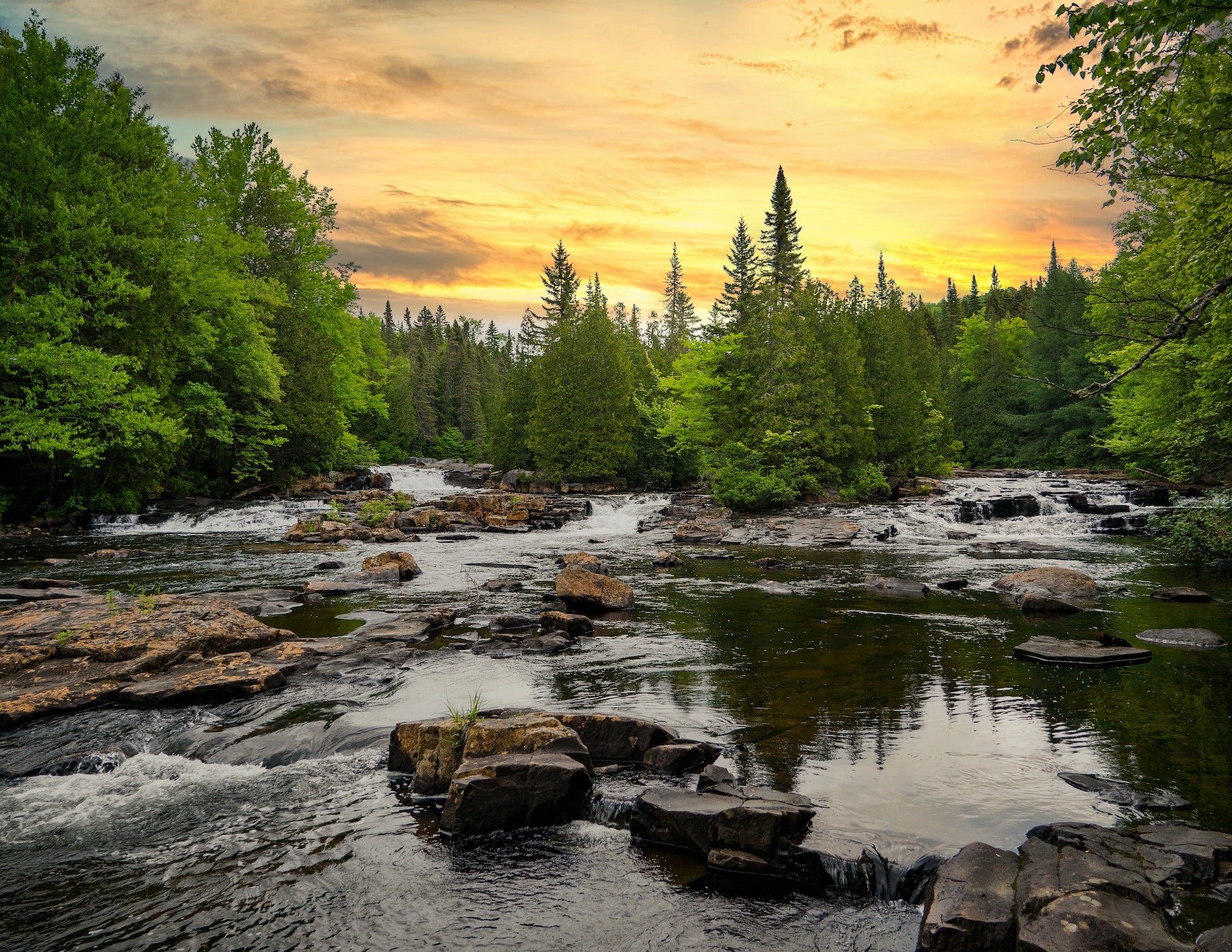The Healing Power of Nature: How Wilderness Therapy Boosts Mental and Physical Health

In a world dominated by concrete jungles and digital screens, we often find ourselves yearning for an escape, a breath of fresh air, a connection to something greater. Nature, with its timeless beauty and serenity, offers precisely that. It's not just a respite from our hectic lives; it's a therapeutic haven that can significantly impact our mental and physical well-being. This blog post takes you on a journey through the healing power of nature and how wilderness therapy can rejuvenate your body and mind.
Forest Bathing: A Japanese Tradition
Let's start with a practice that's been gaining recognition worldwide: forest bathing, or shinrin-yoku in Japanese. Contrary to what the name suggests, forest bathing doesn't involve actual bathing. Instead, it's a meditative practice where individuals immerse themselves in the forest, fully engaging their senses. This practice has shown remarkable benefits for mental health.
As you stroll through a forest, you're encouraged to touch the leaves, listen to the rustling of the trees, inhale the forest's natural aromas, and simply be present. Research indicates that forest bathing reduces stress hormones, lowers anxiety, and boosts mood. It's a reminder that nature's tranquility can have a profound effect on our emotional well-being.
Hiking: A Path to Physical and Mental Fitness
For those seeking both physical and mental health benefits, hiking is a perfect choice. Whether you're conquering a challenging mountain trail or leisurely meandering through a scenic park, hiking offers a dual advantage.
Physically, hiking engages your cardiovascular system, strengthens muscles, and enhances overall fitness. It's a full-body workout that doesn't feel like exercise because you're too busy enjoying the journey.
Mentally, hiking provides solitude and a break from the relentless stimulation of modern life. It's an opportunity to clear your mind, reflect on your thoughts, and connect with the beauty of the natural world. Hikers often report feeling more relaxed, focused, and mentally resilient after a hike.

Camping: Unplugging for Inner Peace
Camping, with its simplicity and raw connection to nature, offers an ideal escape from the digital world. It encourages us to unplug, leaving behind the noise of social media and notifications.
Setting up a tent, cooking over an open fire, and sleeping under a starlit sky can reconnect us with our primal selves. This simplicity allows us to appreciate the essentials of life—food, shelter, and companionship—and helps put our daily worries into perspective.
Furthermore, camping often involves physical activities such as gathering firewood, setting up camp, and exploring the surroundings. These activities not only keep us physically active but also provide a sense of accomplishment and self-sufficiency.
The Therapeutic Value of Wilderness Therapy
Wilderness therapy programs take the healing power of nature to the next level. They're designed to help individuals struggling with mental health issues, addiction, or trauma. Under the guidance of trained professionals, participants embark on outdoor adventures, such as backpacking or rafting, as part of their therapy.
The wilderness environment serves as a backdrop for self-discovery and personal growth. It encourages participants to confront their challenges, build resilience, and develop coping strategies. Research shows that wilderness therapy can lead to significant improvements in mental health, self-esteem, and overall well-being.
In conclusion, the healing power of nature is a gift available to us all. Whether you choose to practice forest bathing, hike through scenic trails, or immerse yourself in the wilderness through camping or therapy, nature has the potential to boost your mental and physical health. So, the next time you're feeling stressed, anxious, or overwhelmed, consider stepping outside and letting nature work its magic.




